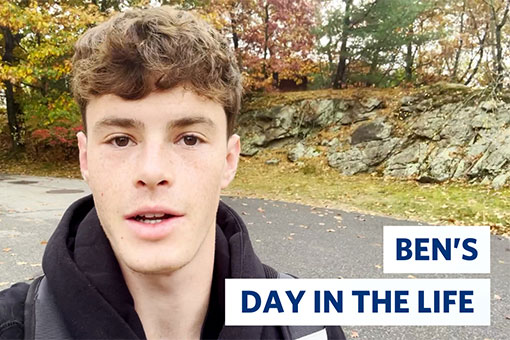Brandeis University Admissions
Brandeisian Stories
Every day, Brandeis students find new ways to bring their ingenuity, resourcefulness, dedication and compassion to life. Their stories speak for themselves.
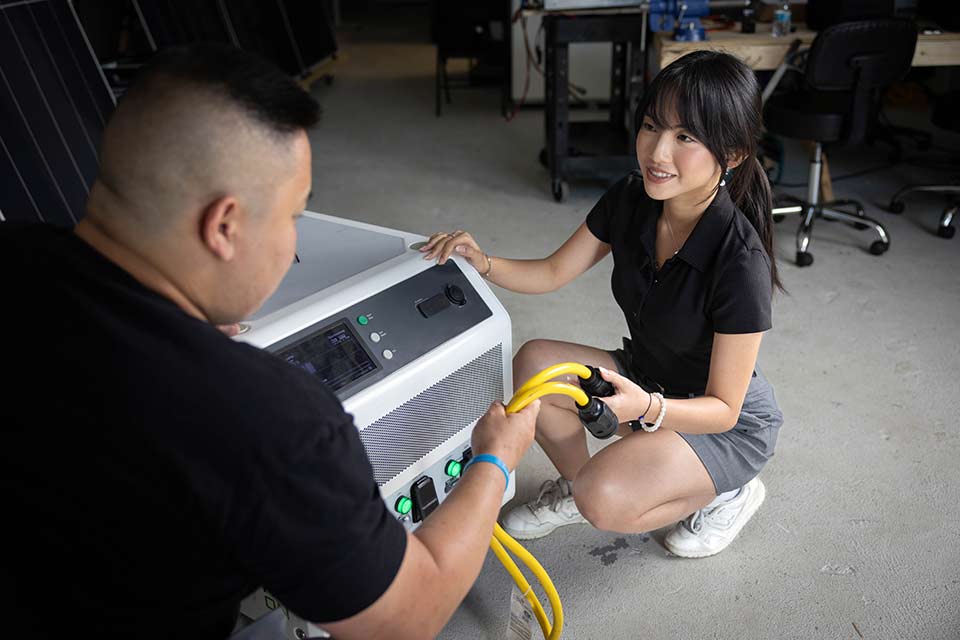
Connecting Students to Career Success
Ivy T. ’26 shares how her internship at REON Technology bridges academics and real-world experience.
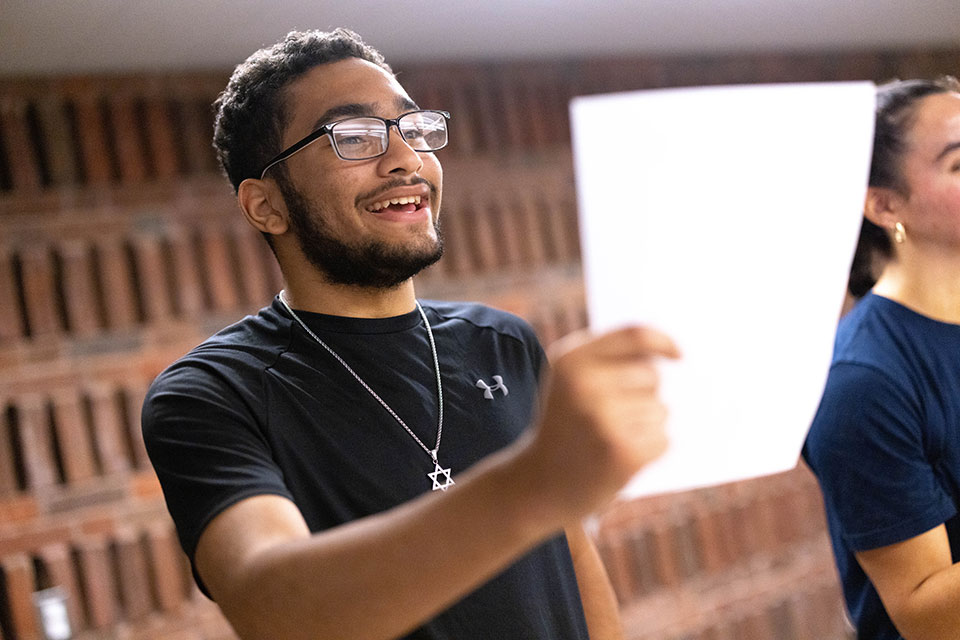
From the Classroom to Capitol Hill
Tyler J. ’26 connects theory and practice, applying his Brandeis education to real-world policy analysis.
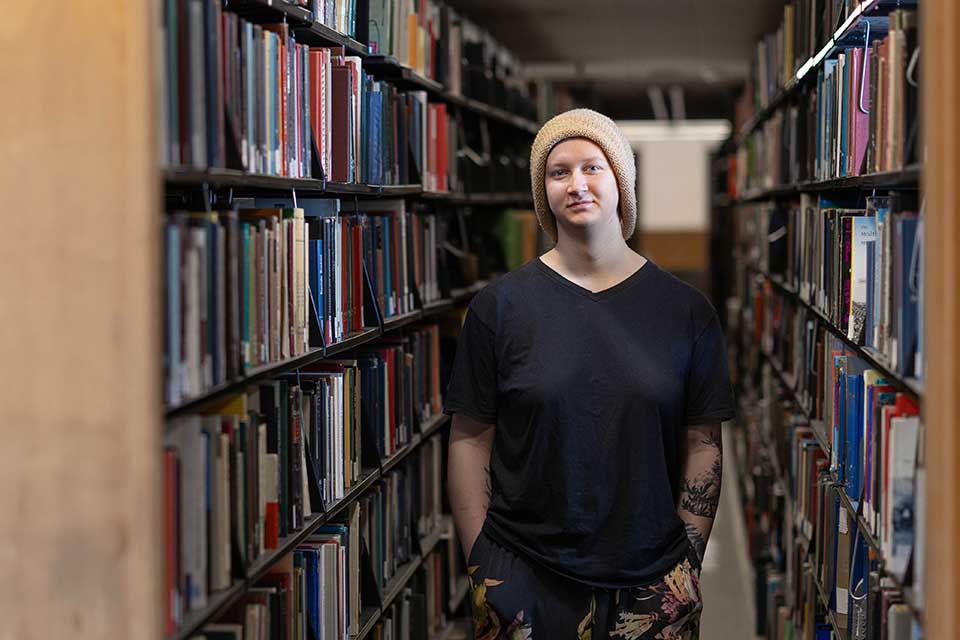
Exploring the Rhythm of Jazz Poetry
Fascinated by the intersection of music, language and race, Noa C. ’27 is researching the works of two influential poets from the Harlem Renaissance and Black Arts Movement.
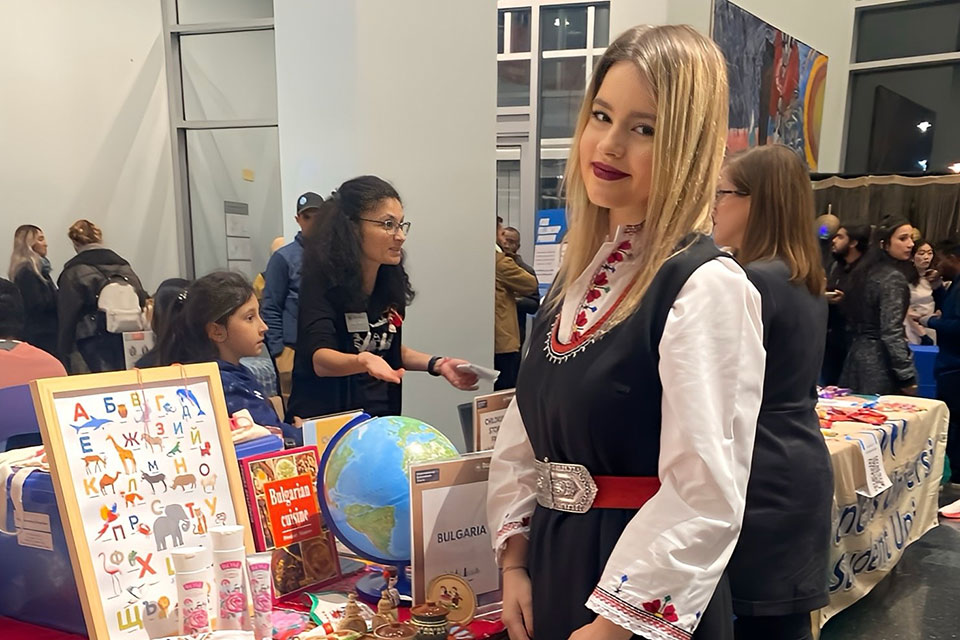
A Global Community That Feels Like Home
Allie L. ’27 is turning classroom insights into real-world impact by charting her own interdisciplinary path in education, technology and policy at Brandeis.
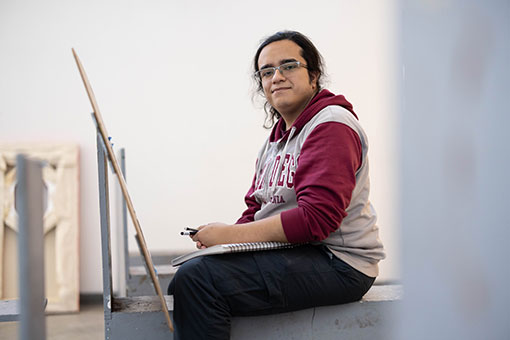
Bridging Art and Science
Samuel D. ’25 has found a way to bridge science and self-expression while building a sense of belonging at Brandeis.
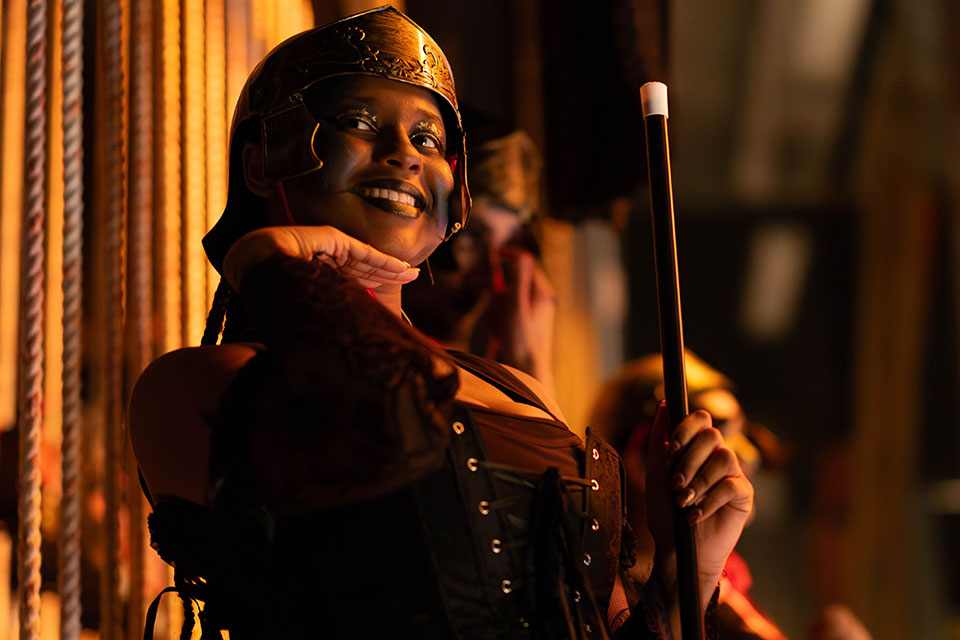
Learning, Growing, Performing: A First-Year Story from Brandeis
As a first-year student at Brandeis, Jateja S. ’28 has embraced a journey of academic growth, self-discovery, and exploring new passions, from the classroom to the stage.
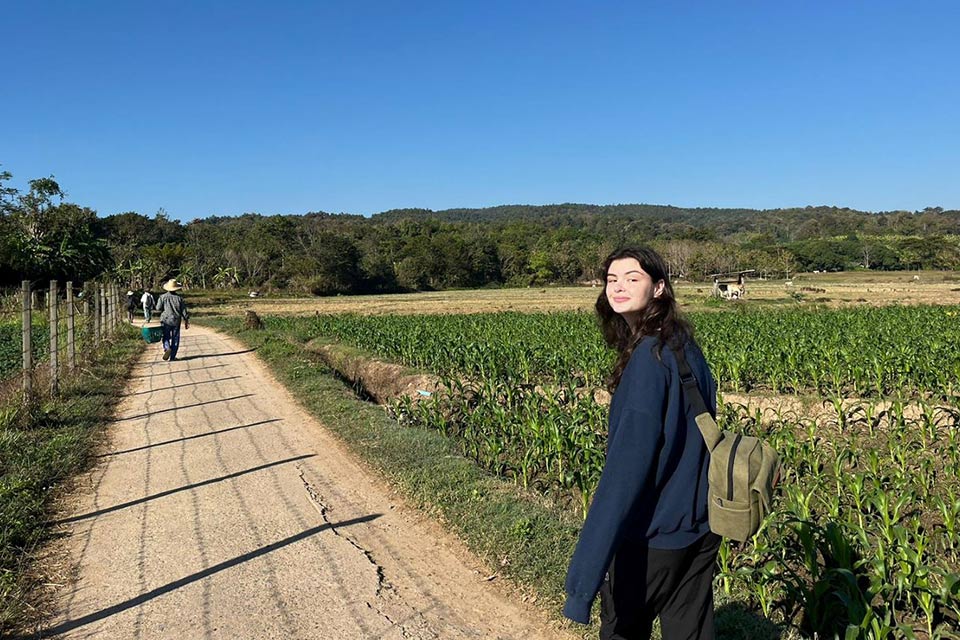
When Hannah L. ’25 arrived in Thailand for her study abroad semester, she was eager to fully immerse herself in a new culture.

Advocacy to Action Outside of the Classroom
Even before attending Brandeis, Cameron S. ’26 had a devotion to repairing the world.
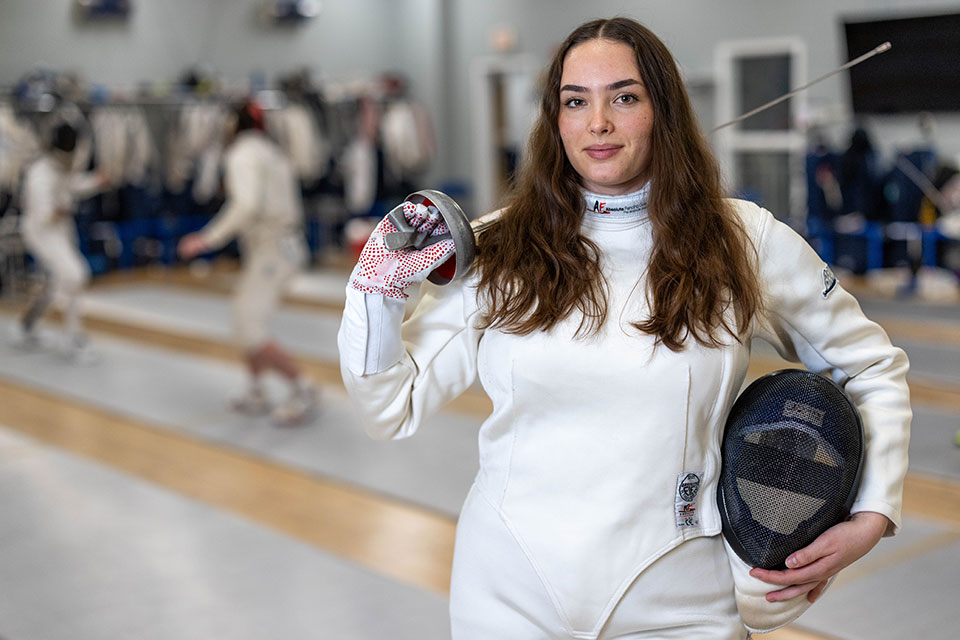
Crafting Your Path: Academics, Athletics and Community
Bronwyn R. ’25 shares her insights on making friends, following your passion, and finding your path on campus.

Celebrating Chinese Culture on Campus
Jerry W. ’26 found his home away from home through the Chinese Students Association.
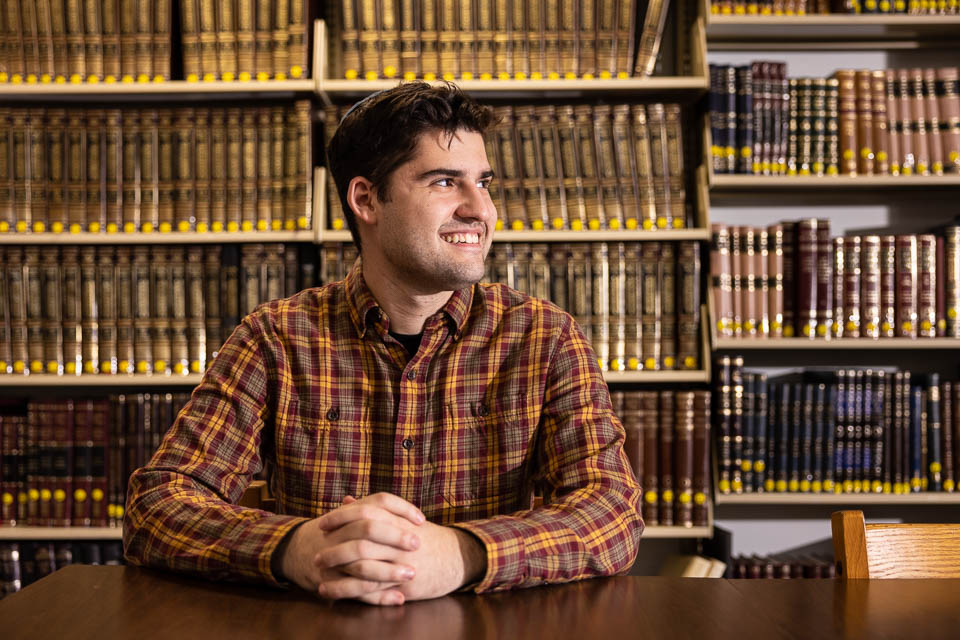
Experiencing a Whole Spectrum of Jewish Life
For Elisha G. ’25, Brandeis is a place where he can be himself while experiencing new perspectives and cultures.
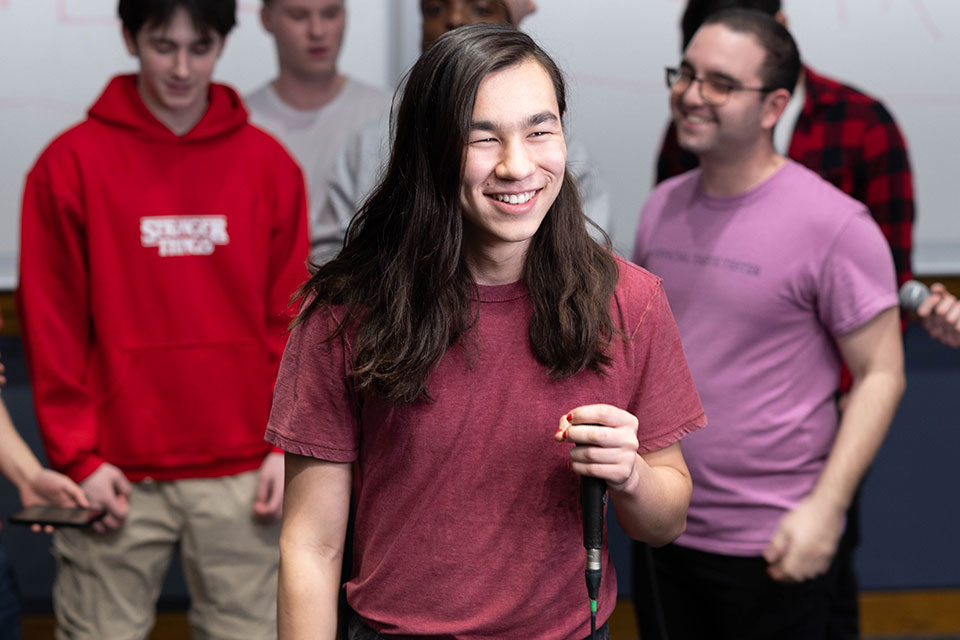
Harmonizing Passions in the Classroom and Beyond
Devyn O. ’26 shares how their computer science and music majors come together.
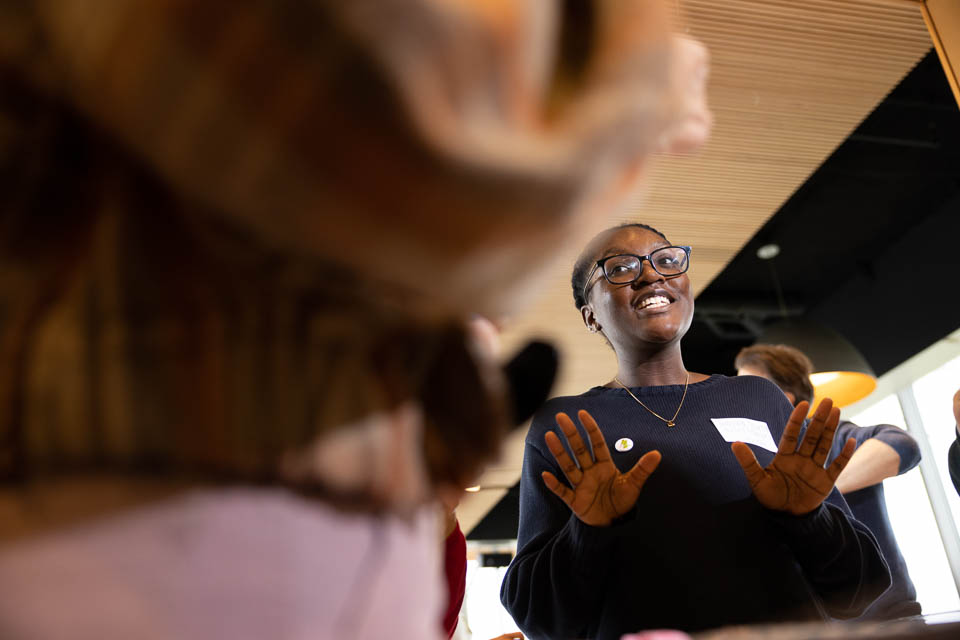
Finding the Perfect Path Toward a Career in Medicine
As a high schooler, Justine S. ’25 decided she wanted to pursue a career in health care.
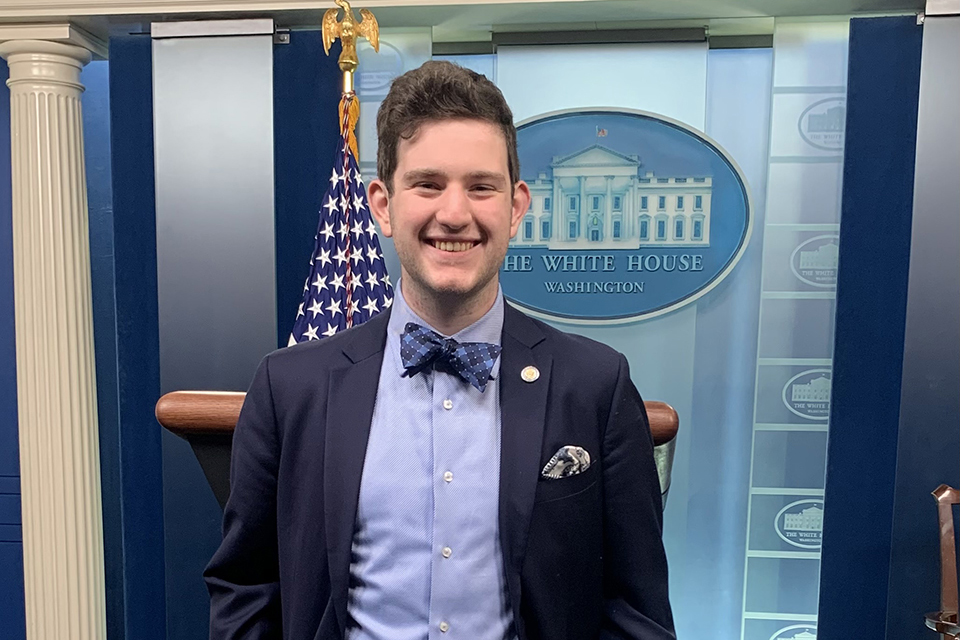
Letters to the President: A Semester at the White House
Zac G. ’26 spent his spring semester participating in the White House Internship program. His favorite part? Answering letters sent to President Joe Biden.


